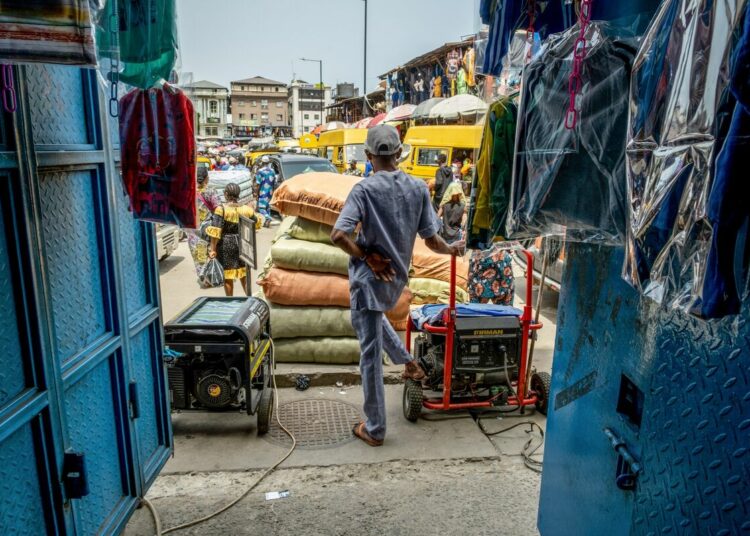Nigeria has dropped to fourth place among Africa’s largest economies, based on 2024 IMF data. The decline highlights the impact of ongoing economic challenges, including inflation and currency instability.
The updated figures, highlighted by Afreximbank Research on its X page, show South Africa reclaiming the top spot with a projected GDP of $400.19 billion, followed by Egypt at $383.11 billion and Algeria at $264.91 billion, fuelled by strong public investment and hydrocarbon revenues.
Pointing to the need for structural reforms to restore stability and investor confidence, Afreximbank said “this shift underscores the deep-rooted macroeconomic imbalances Nigeria continues to grapple with.
“Notably, Nigeria, often regarded as Africa’s largest economy in the past, now ranks fourth at $187.64 billion. The dip underscores the deep macroeconomic imbalances and foreign exchange challenges Nigeria faces despite its vast population and resource base.”
The IMF had projected Nigeria’s economic growth to ease to 3.0 percent in 2025 and further to 2.7 percent in 2026 amidst a backdrop of global economic uncertainty and the lingering effects of past economic challenges.
Afreximbank in its statement on X noted that Africa’s economic landscape is shifting, with the latest 2024 GDP rankings from the IMF spotlighting the top 10 economies powering the continent’s growth story.
“South Africa takes the lead with a projected GDP of $400.19 billion, closely followed by Egypt at $383.11 billion, reflecting North Africa’s continued economic strength. Algeria ranks third with $264.91 billion, showcasing the significance of hydrocarbon revenues and public investment.
“Morocco comes in fifth with $155.35 billion, bolstered by a diversified economy and stable macroeconomic management. Ethiopia and Kenya, ranking sixth and seventh respectively, represent East Africa’s emergence as a dynamic growth zone, thanks to infrastructure-driven development and services expansion.
“Angola, with a GDP of $115.95 billion, continues to leverage its oil sector rebound. Meanwhile, Côte d’Ivoire and Ghana, at $87.10 billion and $82.83 billion, round out the top ten, underlining West Africa’s growing contribution to regional trade and agro-industrial potential.
“These figures not only highlight the evolving power dynamics across African economies but also present a roadmap for investors, policymakers, and stakeholders seeking to tap into the continent’s vast potential.











